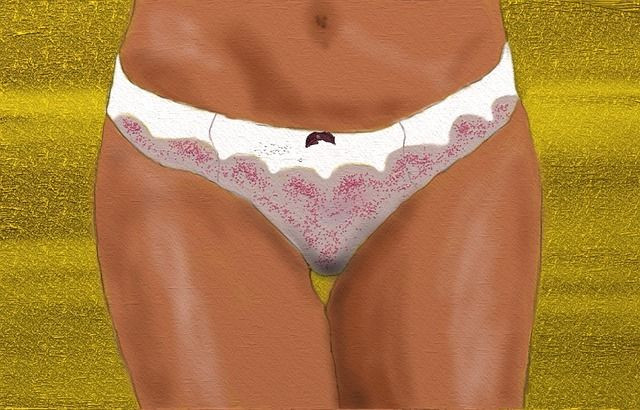Chlamydia Symptoms In Women: How To Recognize This STD And What To Do If You’re Infected

Chlamydia is the second most common sexually transmitted disease (STD), coming in second only to the human papilloma virus (HPV). While the infection can occur in both men and women, the consequences are greater for women because it can cause serious and potentially permanent damage to their reproductive system. Here are the symptoms of chlamydia in women to help you and your partner recognize this STD at the very first sign.
Chlamydia is spread through all forms of sexual activity, whether vaginal, anal, or oral. According to Planned Parenthood, seven out of 10 people who get chlamydia do not have any symptoms, and if they do, they do not appear until several weeks after sex with an infected partner. The Centers For Disease Control and Prevention report that if a woman does experience symptoms of chlamydia, these may include an abnormal vaginal discharge, or a burning sensation while urinating. If the infection is in the rectum, a woman may experience rectal pain, discharge, or even rectal bleeding.
Thankfully, chlamydia can be treated and even cured with an antibiotic prescription from a doctor. According to Planned Parenthood, one type of chlamydia treatment is taken in one dose. Other kinds of chlamydia treatment must be taken for seven days. Both partners are advised to be treated for chlamydia infections, and as repeat infections are common, patients are re-tested 3 to 4 months later to ensure the infection is completely gone.
Unfortunately, chlamydia is becoming more difficult to treat as the bacteria behind the infection are becoming more resistant to antibiotics. However, scientists are continually searching for new more effective treatment options to combat this development.
Chlamydia is an infection caused by the bacteria Chlamydia trachomatis. If left untreated, Chlamydia infection can cause permanent damage to the fallopian tubes in a woman and can lead to future infertility and increase risk of ectopic pregnancy. Chlamydia infection during pregnancy also increases a woman's risk of preterm labor and of having a baby with low birth weight.
Read More:
Chlamydia Treatment Often Difficult Due To Pathogen's Resilience; Scientists Trace STD's Evolutionary Pattern: Read Here
At Least 75% Of Patients Who Test Negative For Gonorrhea, Chlamydia Still Get Antibiotics For Symptoms: Read Here
Published by Medicaldaily.com



























